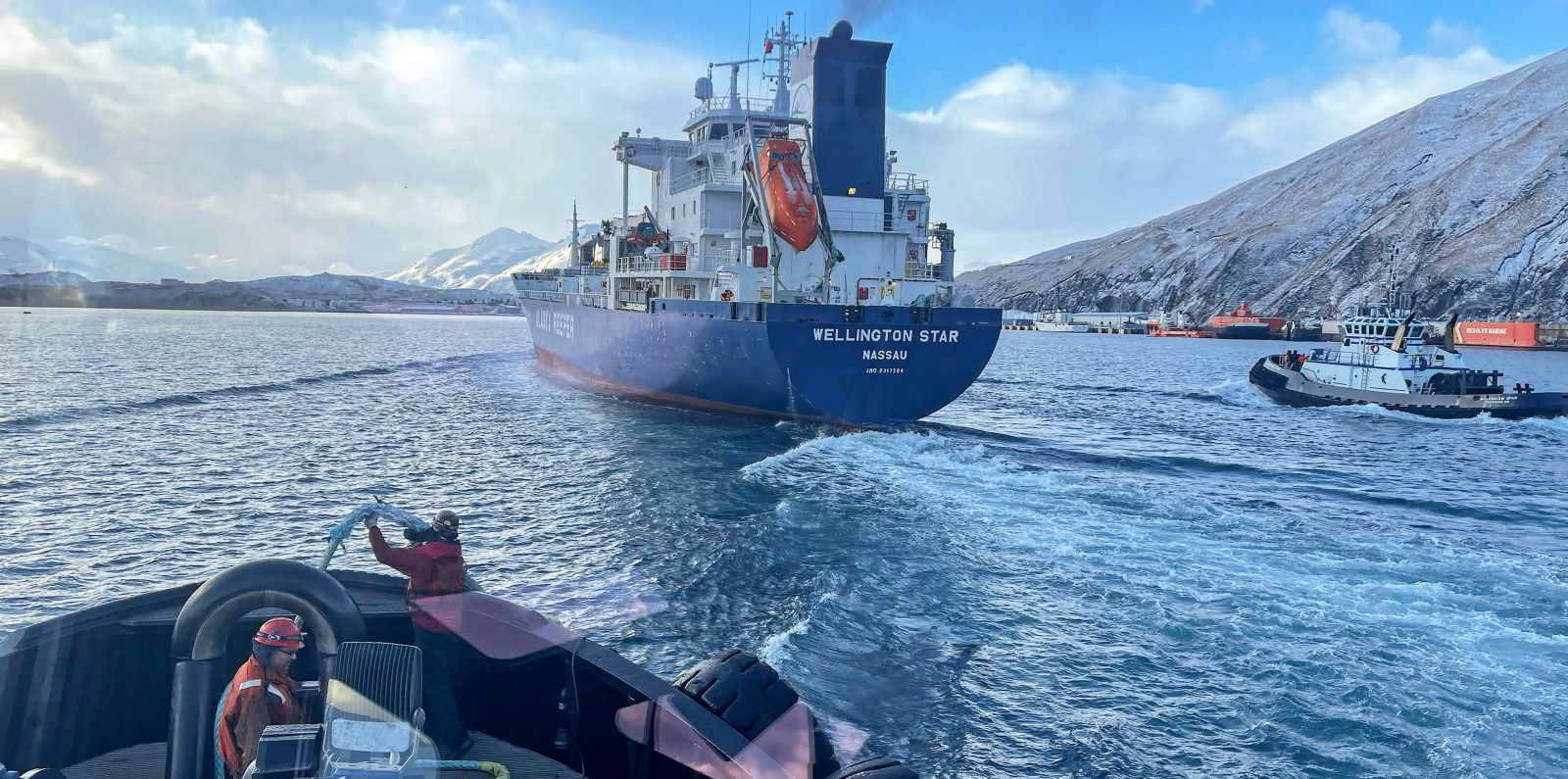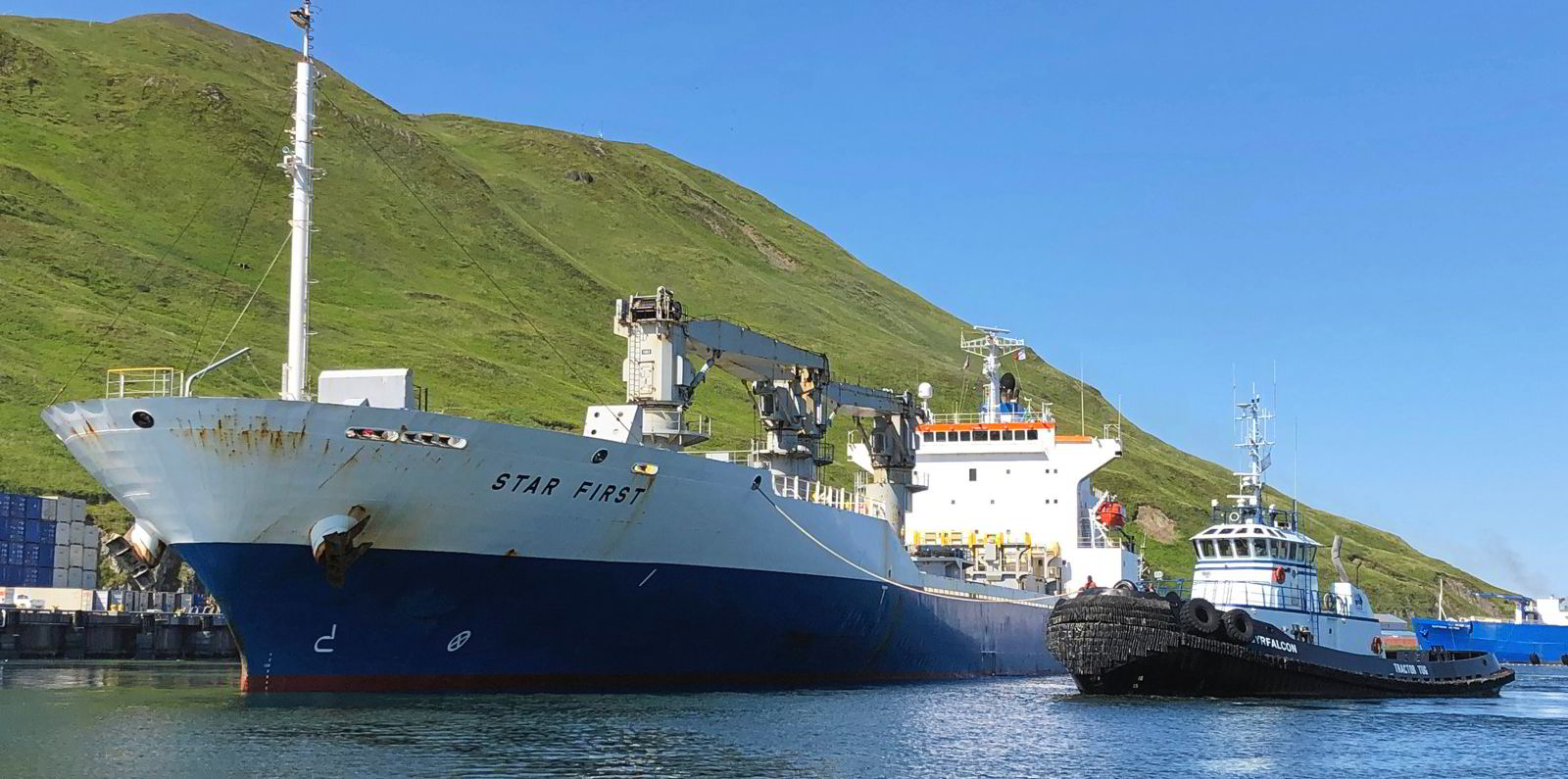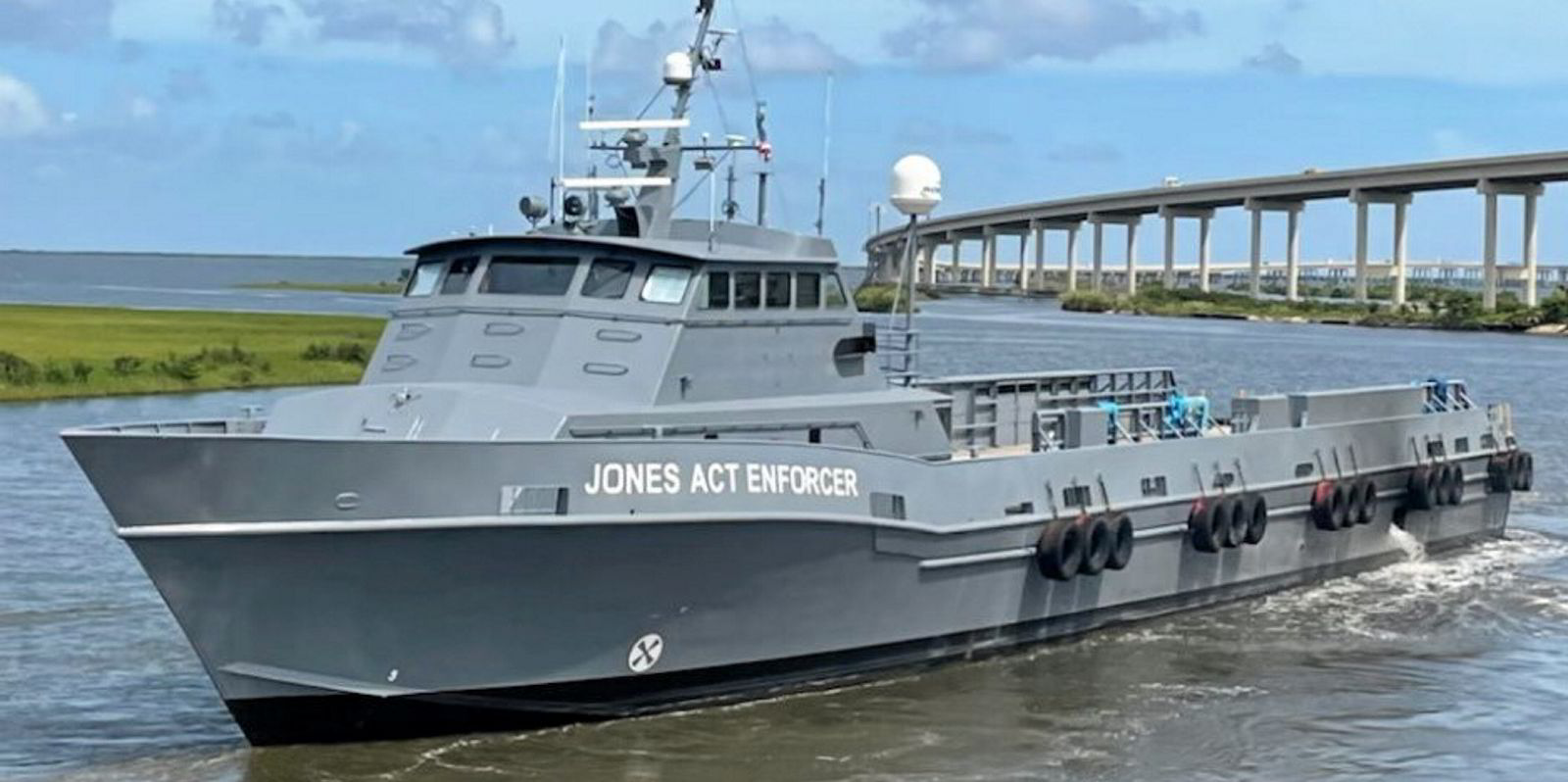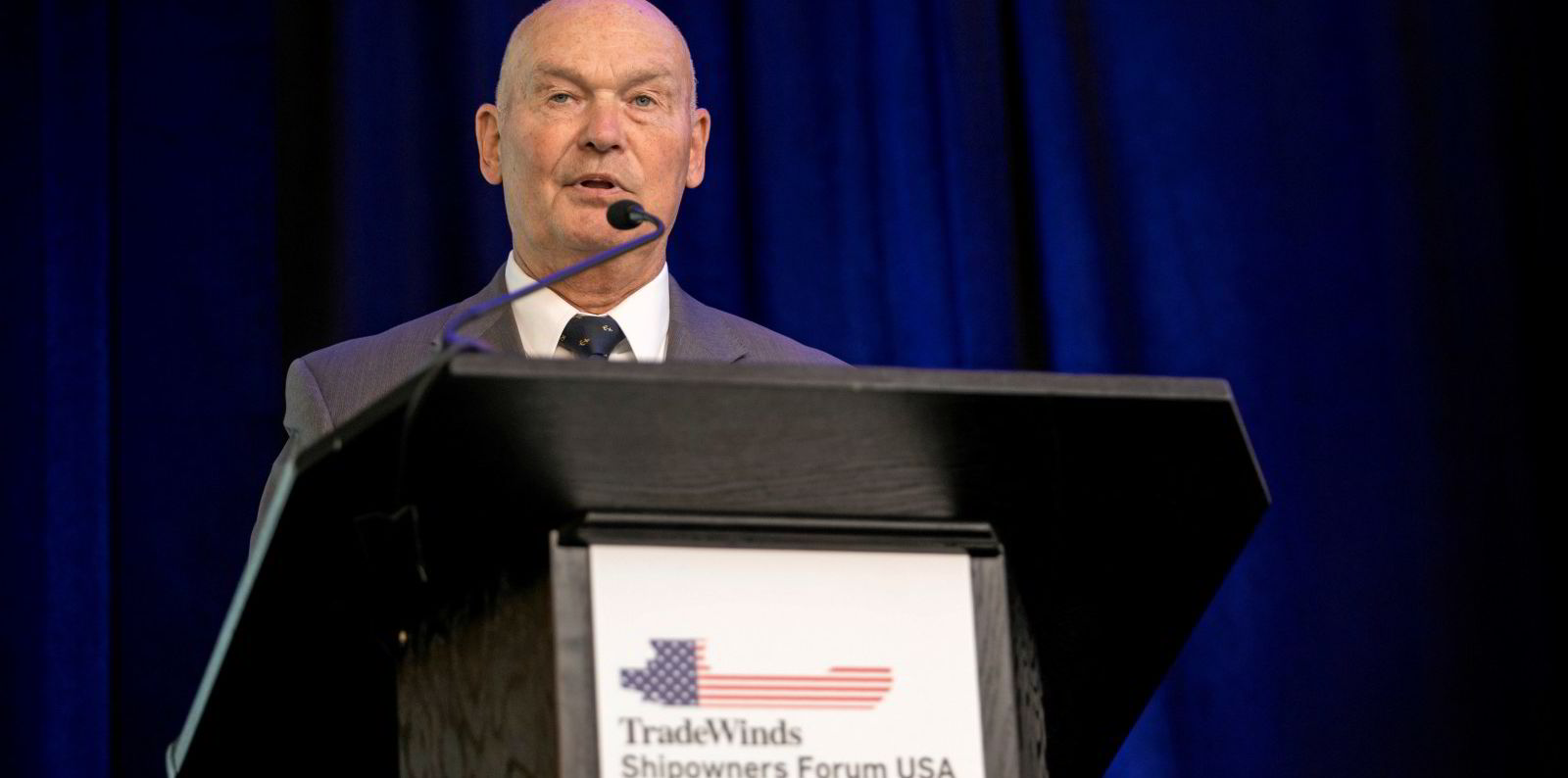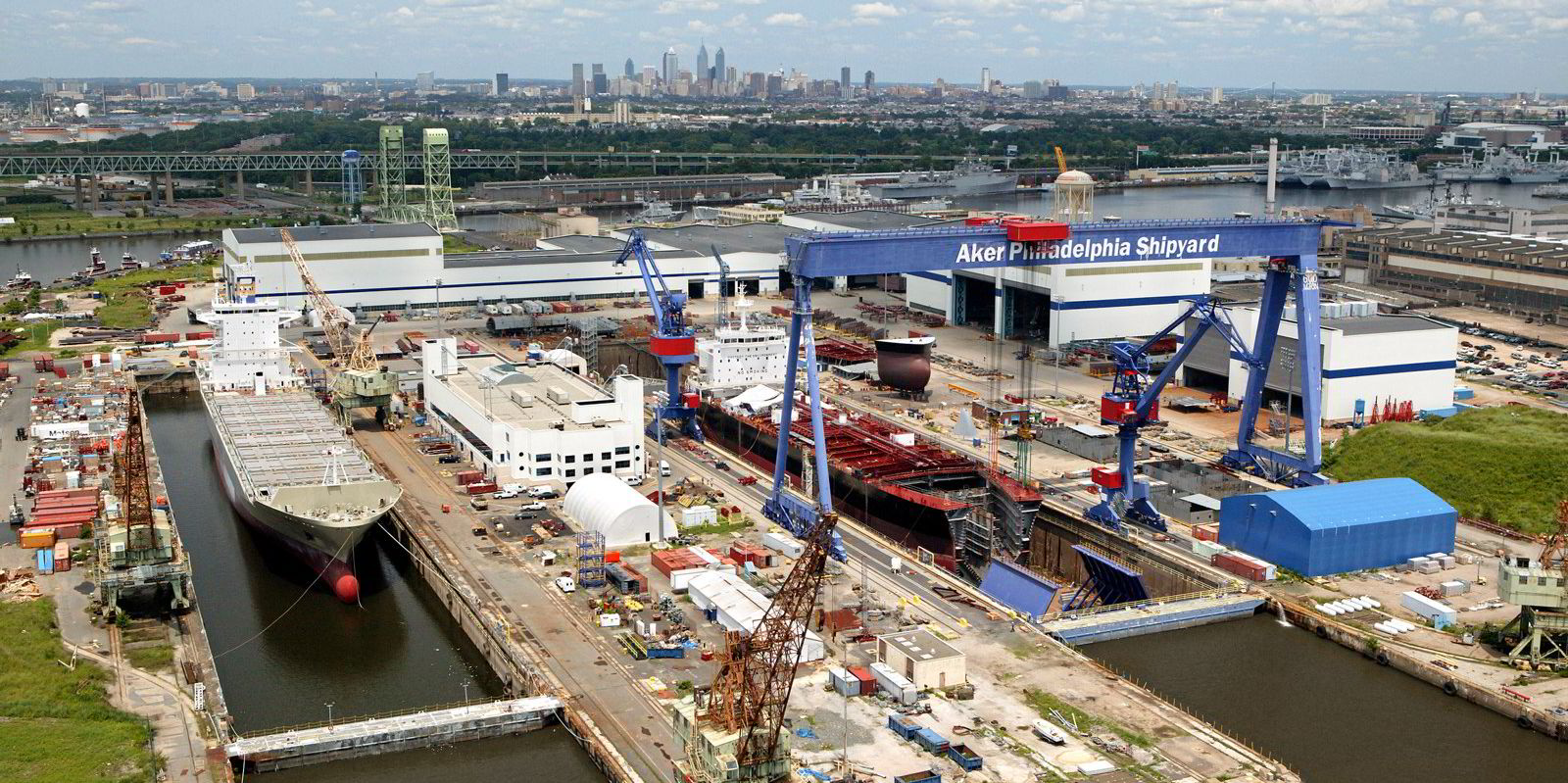This has been a mixed and busy year so far for maritime protectionism news in the US. Despite hints of liberalisation in the offshore wind sector and a senator's proposal to open up the Alaska passenger trades, the accent has been on enforcement.
For players who wriggled through loopholes to get into US-flag shipping and could not wriggle out again, the news could be grimly expensive.
Two loophole divers spectacularly snagged this year have been Swiss-based Viking River Cruises — partnered by US owner Edison Chouest Offshore — and Alaska's American Seafoods with chartering subsidiary Alaska Reefer Management, along with an impressive list of international shipowners.
For them, the little grey-hulled 315-dwt Jones Act Enforcer (built 2007), a repurposed offshore vessel introduced this year as a symbol of US flag protectionists' snippy vigilance, has proved an omen.
Both Viking's case and the reefer chartering debacle have made for good news copy, after opponents drew back the curtain to reveal the ludicrous aspects of a long, expensive, and very straight-faced quest for regulatory approval in Washington DC.

In the reefer case, it emerged that American Seafoods has avoided the trouble and expense of chartering Jones Act tonnage for many years by sending its fish from Alaska to the Canadian side of the US-Canada border for the sole purpose of moving the fish a short distance by rail, then into the US by truck.
The joke here is that this is actually explicitly allowed under the Jones Act, if the Canadian rail route has officially published tariffs. Canadian trains have an un-Jonesing effect on fish and other cargo. Unamused US Customs and Border Protection agents believe American Seafoods fatally stretched its loophole and demanded penalties of up to $350m.
It remains unclear whether US Customs might back down when it realises a bankruptcy court could make it a substantial owner of reefers or fishing vessels.
But the cruiseship case could prove even costlier.
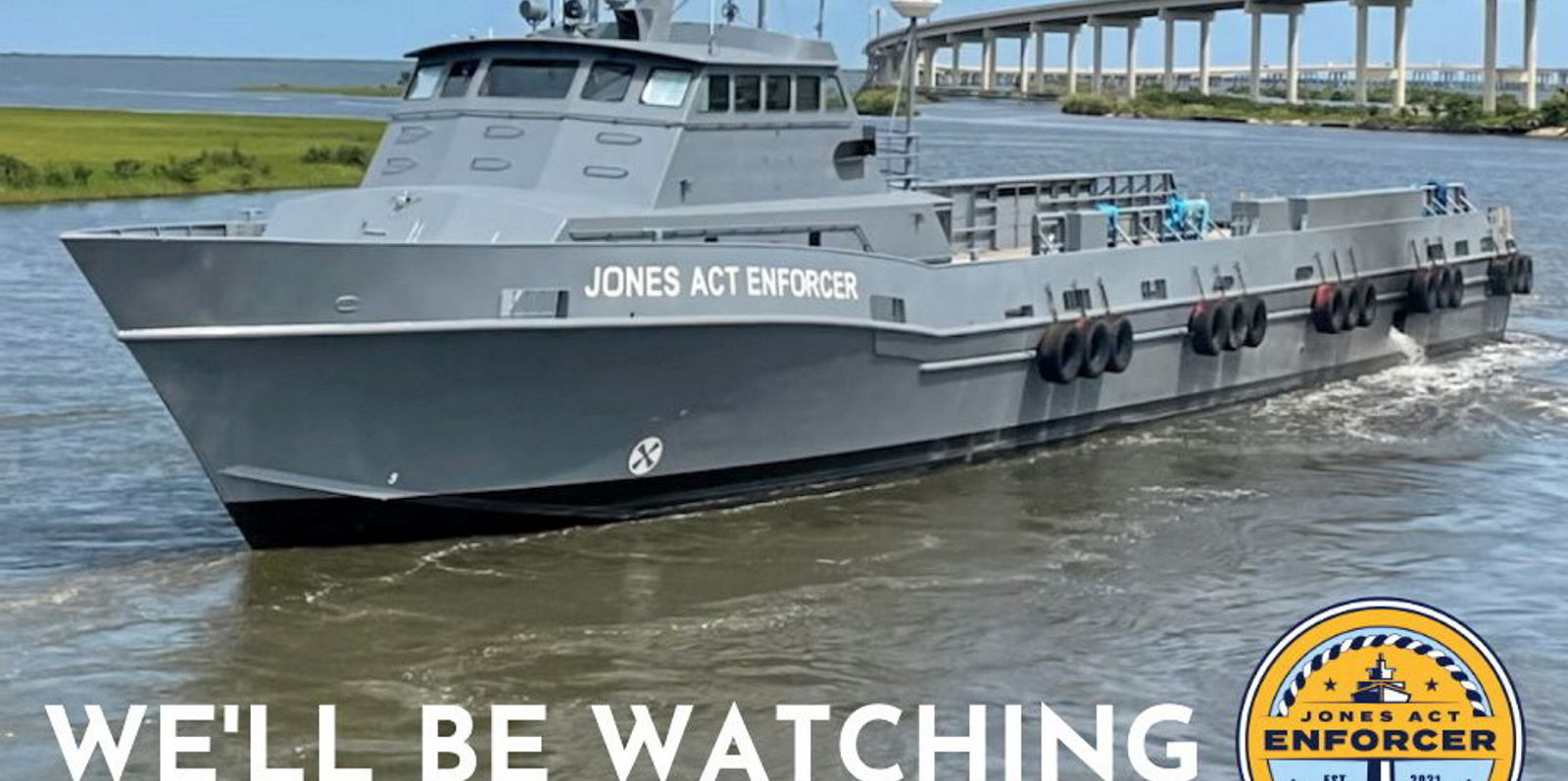
Torstein Hagen's Viking has been talking for at least seven years about trying to enter the restricted but potentially very lucrative domestic US cruise market, negotiating with the US Maritime Administration (MarAd) over a shipowning and chartering structure that would legally give it a US presence, in the form of three newbuildings to be owned by a US partner.
Viking's scale of investment has been placed by some observers in the billion-dollar range, more than half that for ships and the rest for landside preparations.
As typical in bids by international shipowners to enter US-flag markets, an international owner brings an investment case to the table and a US partner brings its US citizenship and other valuable considerations.
After courting other partners, Viking walked down the aisle with Edison Chouest, builder and intended owner of the 386-passenger Viking Mississippi (to be delivered in 2023).
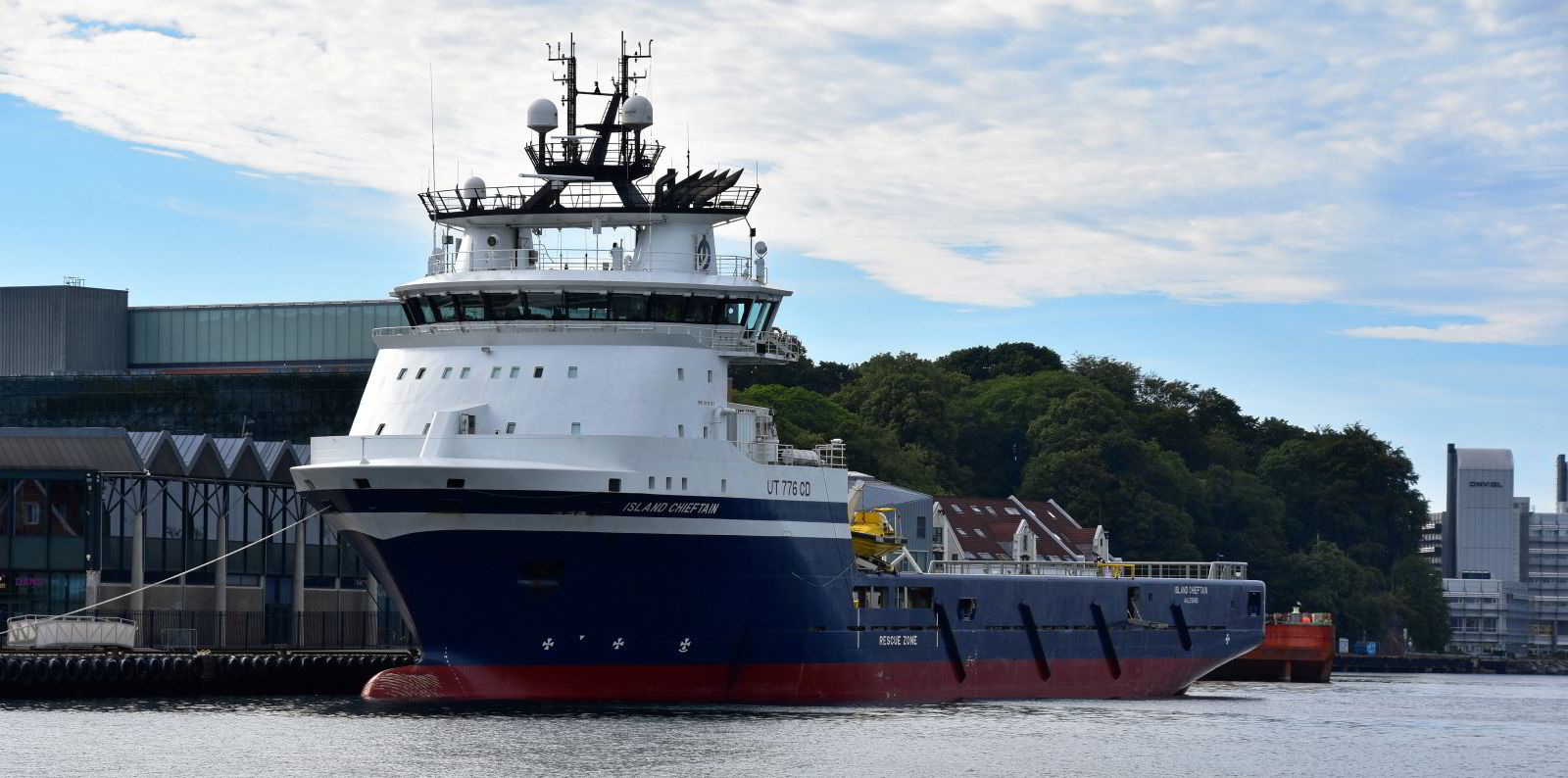
Under US rules, the US partner in such a deal must retain ownership or at least disponent ownership of the ship — control, in a word. But the fun comes in the intricacy of time-charter terms, guarantees and operating agreements.
Viking's opponents have challenged MarAd to show that the still confidential terms preserve real US control. They also may want to learn what rules they could follow in seeking similar deals with foreign cruiseship players.
Since the charterparties are still confidential, it remains unclear whether Viking’s or Edison Chouest’s lawyers were better at protecting their clients in the event the mostly completed ship cannot trade as intended.
In both cases, it is important to underscore that the parties accused of busting the Jones Act probably believed they were in the clear. They had well-known maritime regulatory lawyers — in some cases, the very same lawyers who have been among the loudest defenders of the Jones Act. Many hours were billed, K Street rates of Washington lobbyists charged.
Also worth underscoring is the disconnect between commercial realities and the legal rules. The protected US industry builds ships more or less for guaranteed work, not for possibilities. Foreign owners flock to the possibilities and are rebuffed.
The real lesson of the perennial incursions upon the Jones Act is that the Jones Act simply does not work without an elaborate lacework of loopholes. It creates its own violations, and then punishes them. US maritime policy creates a national fleet that cannot do its job without foreign interference, and yet foreigners interfere at their peril. Even when expensively advised.
This story has been amended since publication to reflect that American Seafoods' with chartering subsidiary is Alaska Reefer Management.
